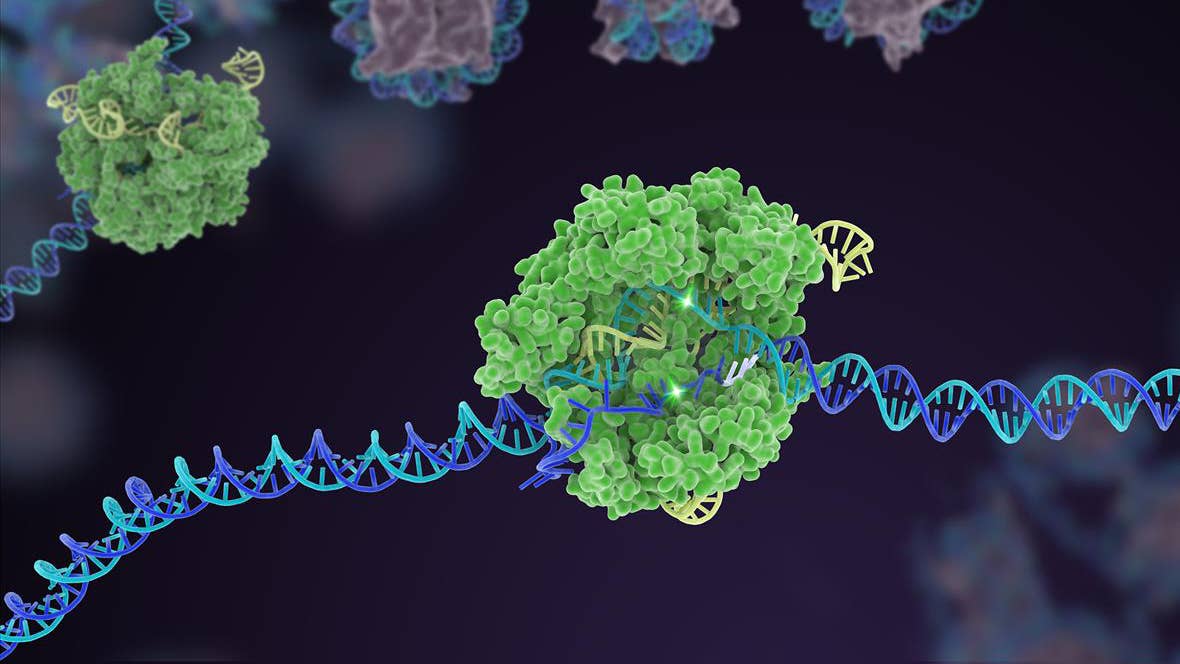Is Universal Basic Income a Solution to Tech Unemployment?

Share
This spring, the Canadian province of Ontario announced that about 4,000 of its citizens will receive money as part of their “no strings attached” basic income experiment. The goal is to explore how universal basic income can improve both the lives of the individuals receiving it and the nation at large.
This isn’t the first time someone started giving away free money and studied its effects. Historically, many organizations and government bodies have run some sort of universal basic income experiment on a small scale, and their outcomes have been notably positive.
Over the next few decades, as technological automation takes over our jobs, governments may need to provide basic income to their citizens in order to ensure their well-being.
A powerful tool against poverty
In Utopia for Realists, Rutger Bregman asks, “Why have we been working harder and harder since the 1980s despite being richer than ever? Why are millions of people still living in poverty when we are more than rich enough to put an end to it once and for all? And why is more than 60 percent of your income dependent on the country where you just happen to have been born?”
In the 1970s, about 1,000 residents in Dauphin, a small farming town of Manitoba, Canada started participating in a program called Mincome. This was a three-year federal-provincial experiment that sent unconditional monthly payments to low-income families.
In 2011, a research study revisited the effects of Mincome and found many positive outcomes, particularly on population health. Hospital use in the area, admissions for accidents and mental health problems dropped. The rate of high school completion also increased compared to similar towns at the time.
This year, the Canadian province of Ontario is about to run the experiment once again with low-income citizens. In the pilot project, single people will receive almost $17,000 per year and couples will receive up to $24,000 per year.
Canada isn’t the only place where this is happening. Givedirectly, considered the largest experiment in UBI, is giving away free money to villagers in Kenya. Meta-analysis of such cash donations found that they cause a decrease in healthcare costs, decline in the purchase of alcohol or tobacco, increases in the hours worked, decreases in domestic violence, improvements in child-rearing and much more.
Individual lives aside, universal basic income may actually save governments money. In 2009, 13 homeless people in London received £3,000 (about $4,500), in cash, with no strings attached. What happened next? A year later, 11 of the 13 recipients had roofs over their heads.
Instead of using the money on drugs or booze—as many would assume—most of the homeless used the cash to expand their prospects, such as by enrolling in classes or getting treatment for drug abuse.
Take into account that the British government is estimated to spend £26,000 annually on each homeless person and multiply that throughout the lifetime of every homeless person. The math is staggering—this could save the government billions of dollars. Above all, it challenges the common assumption that giving the poor money will de-incentivize them to find jobs. “Poverty is fundamentally about a lack of cash. It’s not about stupidity,” says the economist Joseph Hanlon. “You can’t pull yourself up by your bootstraps if you have no boots.”
Basic income allows individuals from low-income or poverty-stricken backgrounds to have their basic needs met, so that they focus on growth and the future. Instead of being in survival mode, where their energy is directed towards where their next meal will come from or whether or not they will have a roof over their heads, they can focus on long-term goals.
How do we implement it?
So who will fund universal basic income at a large scale?
At the moment, it seems like it will have to come from taxes.
Be Part of the Future
Sign up to receive top stories about groundbreaking technologies and visionary thinkers from SingularityHub.


Some have raised concerns that this could contribute to higher taxes for a lot of people. They point out that at its core, this makes UBI a typical wealth redistribution program. This may contribute to the disincentive to work at higher levels because of the high taxation involved. There are worries that this may also translate into higher prices of everyday products, harming the finances of poor people.
Let’s not forget how providing basic income can actually save the government money and consequently cut taxes in many different ways. We’ve also seen evidence of how in practice, it can contribute to more productive citizens. Ultimately, with the rise of technological automation and its disruption on the workforce, some form of universal basic income will be necessary. This may require a complete overhaul of our economic systems—but it may just be the best way forward.
In the 1960s, ahead of his time, philosopher Alan Watts pointed out that a manufacturer who dismisses all of his workers for technology will find himself in a place where the general public can’t afford his products. If this happens at a large scale, the public needs to be provided with the means to purchase what the machine produces. To ask the question of who pays for it, Watts points out that the machine should. In fact, very recently Bill Gates made a similar suggestion when he claimed that the robots that take your job should pay taxes.
But what would “work” even mean if and when robots and AI do it all? Elon Musk, who has advocated for universal basic income in the past, says, “If there's no need for your labor, what's your meaning? Do you feel useless? That's a much harder problem to deal with.” And as Watts has pointed out, what we need to do is find out how to change our psychological attitude to money, wealth, pleasure and the nature of work.
Action over theory
Theory can only get us so far. Like any other idea, the best way to explore the effects of something like universal basic income is to take the scientific approach. Implement it, control for variables, measure the outcomes and explore how it can be improved.
Small-scale experiments like Givedirectly and Mincome are an essential stepping stone to exploring the effects of universal basic income at a large scale. Economic or political theory can only take us so far; what we ultimately need is to observe and understand how it actually works in practice.
We have seen what the benefits are at such a small scale, so we can only imagine what our world would be like if each and every individual had access to a minimum basic income. Regardless of where we are born and what opportunities we have access to, each and every one of us has the right to a better future.
Stock media provided by szefei/Pond5.com
We are a participant in the Amazon Services LLC Associates Program, an affiliate advertising program designed to provide a means for us to earn fees by linking to Amazon.com and affiliated sites.
Raya Bidshahri is the founder and chief executive officer of School of Humanity, an award-winning online high school where we learn by having a positive impact on the world. She has been featured by the BBC as one of the 100 most influential and inspiring women globally. Her mission is to reinvent global education systems in order to better serve humanity.
Related Articles

Souped-Up CRISPR Gene Editor Replicates and Spreads Like a Virus

This Brain Pattern Could Signal the Moment Consciousness Slips Away

This Week’s Awesome Tech Stories From Around the Web (Through February 14)
What we’re reading
